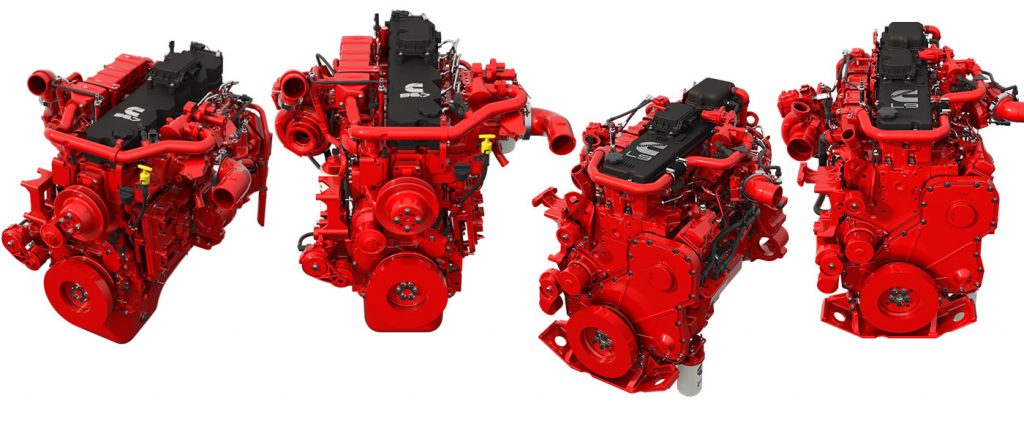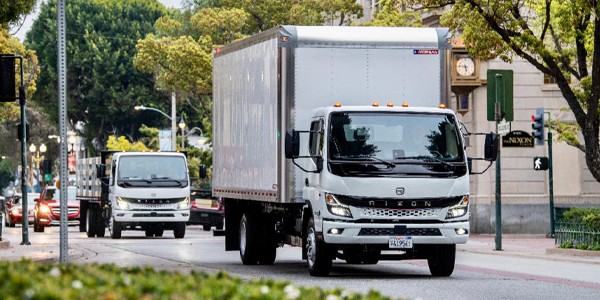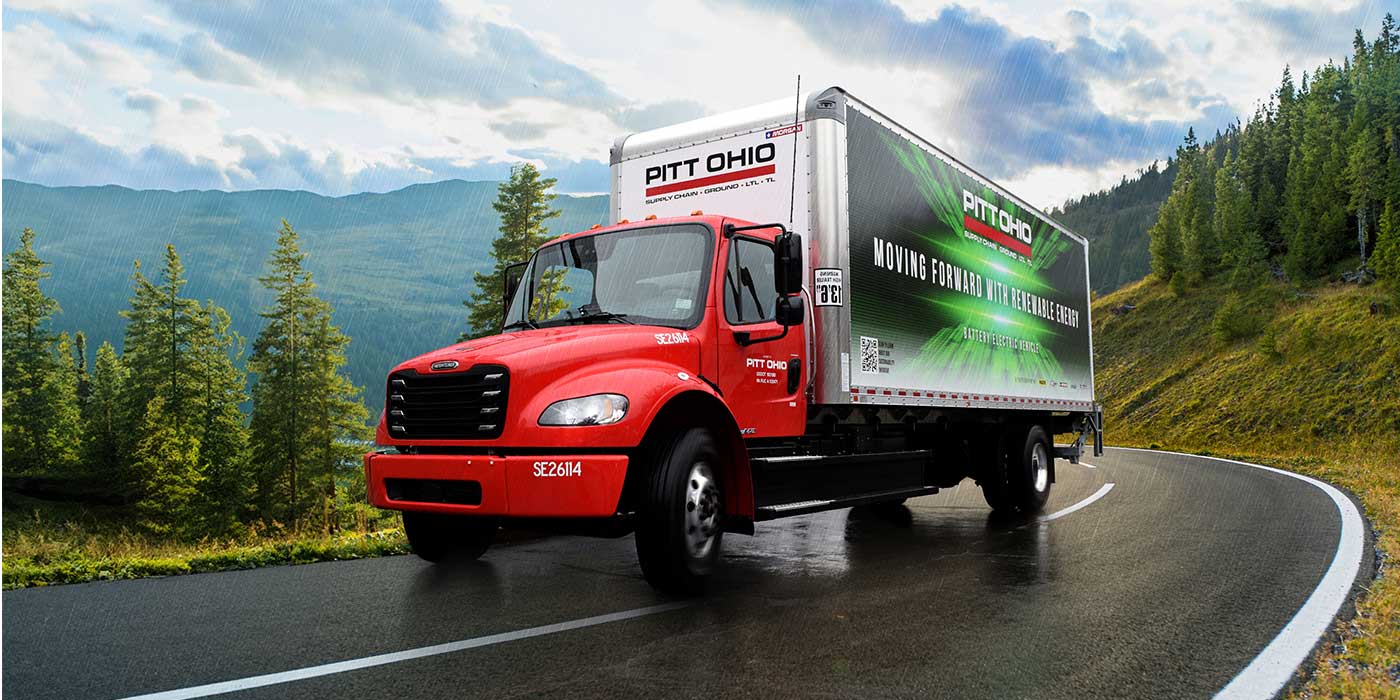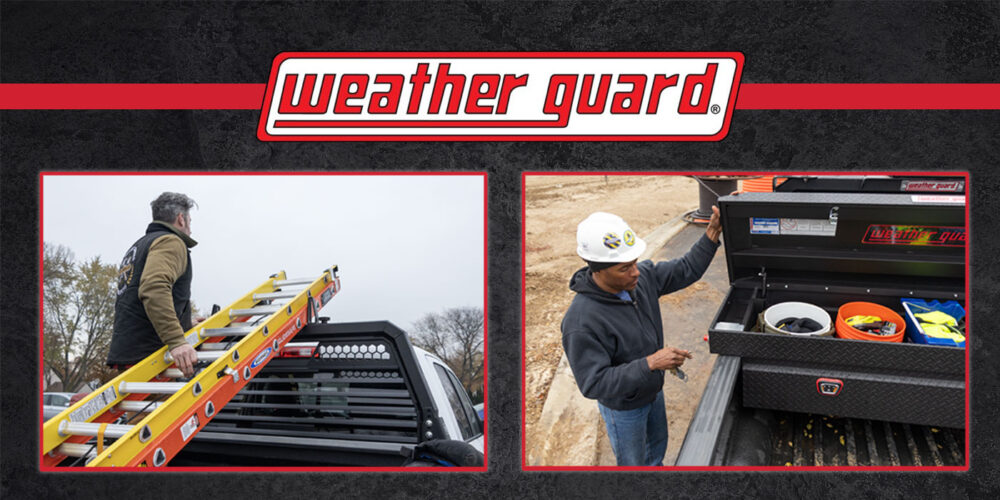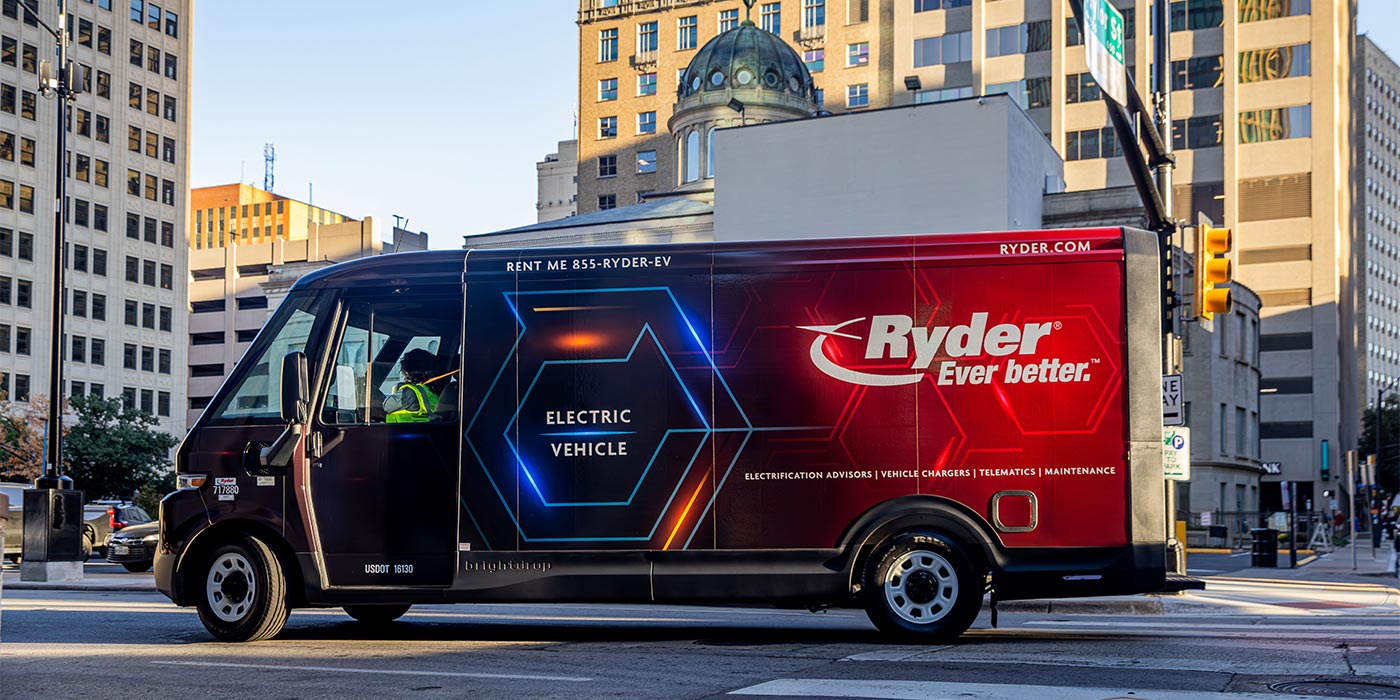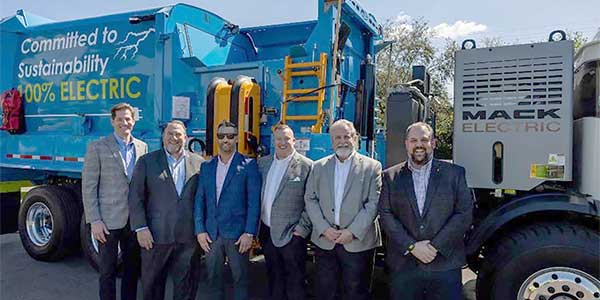Of the more than six million diesel Class 3 to 7 trucks now operating in the U.S., according to Allen Schaeffer, executive director of the Diesel Technology Forum, 42% are equipped with the latest generation engine technology to achieve lower levels of greenhouse gas emissions as well as run more fuel efficiently. “It was clear during the NTEA’s 2020 Work Truck Summit that the future will include more choices of electric, gasoline, hybrid and gaseous fueled vehicles,” he said. “At the same time, advanced diesel technologies will continue to dominate the sector, with the increasing use of renewable biodiesel as an added advantage.
“Over the last two decades, diesel engine manufacturers have transformed their platforms to achieve near-zero emissions and unprecedented gains in fuel efficiency,” Schaeffer added. “And diesel technology is poised for even further improvements through EPA’s Cleaner Trucks Initiative, which will bring current near-zero emissions capabilities even closer to zero in the coming years.”
Schaeffer went on to point out that the opportunity to utilize low-carbon advanced biofuels, including biodiesel and renewable diesel, provides fleets with a cost-effective way to achieve major gains in sustainable transportation with little to no added infrastructure or vehicle acquisition costs. In particular, he pointed to Florida Power and Light, which is powering over 1,750 bucket trucks and other pieces of equipment with biodiesel blends, helping to reduce greenhouse gas emissions by 20%. In addition, the city of Oakland, California has committed to operating its fleet of over 300 diesel work trucks and off-road equipment with renewable diesel to achieve a 75% reduction in greenhouse gas emissions.
Also at the Work Truck Show this year, Cummins introduced its next generation of medium-duty on-highway diesel engines. The 2021 B6.7 and L9 models are designed for vocational and specialty applications, as well as pick-up and delivery, regional haul, school bus, transit bus and emergency vehicle operations.
The Cummins B6.7 is offered in a wide range of horsepower ratings to cover the majority of medium-duty truck power requirements. Efficiency Series ratings range from 200 to 260 HP and B6.7 Performance Series ratings are from 280 to 325 HP. The 2021 L9 has ratings that range from 260 to 380 HP and up to 1,250 lb/ft of peak torque.
Both new engines are rated for extended oil drain and fuel filter replacement intervals, and have a redesigned breather that is now maintenance-free. Also new is a single module aftertreatment system that combines SCR, a redesigned dosing unit and a DPF into a single flow-through unit to optimize exhaust flow. At 70% smaller and 30% lighter than modular aftertreatment systems, according to Cummins, the more compact package helps maintain hotter, consistent temperatures for better NOx reduction and improved fuel efficiency.
The Cummins powerplants also have the manufacturer’s single Variable Geometry Turbocharger, which the company says is a key element in optimizing fuel economy, and a high-pressure common rail fuel system that the manufacturer says enables multiple injection events per cycle for improved fuel efficiency. In addition, the newest medium-duty Cummins models feature a single Electronic Control Module that is fully integrated with the engine and the aftertreatment system to optimize performance.
Further showcasing the commitment by manufacturers to using diesel engine technology at the Work Truck Show were options that are available in the half-ton pick-up segment. Included are the Chevrolet Silverado 1500, 2500 HD and 3500 HD; the Ford F-150, F-250 Super Duty, F-350 Super Duty and F-450 Super Duty; the GMC Sierra 1500, 2500 HD and 3500 HD, and Ram 1500, 2500 and 3500 models. Diesel engines are also being offered in commercial vans such as the Chevrolet Express, Daimler Sprinter, Ford Transit and Ram Promaster.
“Fleet operators recognize that diesel technology is fully capable of delivering no-compromise demands for this diverse industry sector, whether it be power, performance, availability, fueling and maintenance infrastructure, efficiency, near-zero emissions or acquisition cost,” said Schaeffer. “There are many different shades of green, just as there are virtually an unlimited configuration of work trucks. Fleets do not have to move away from diesel technology in order to enhance their sustainability or lower their carbon footprint.”

